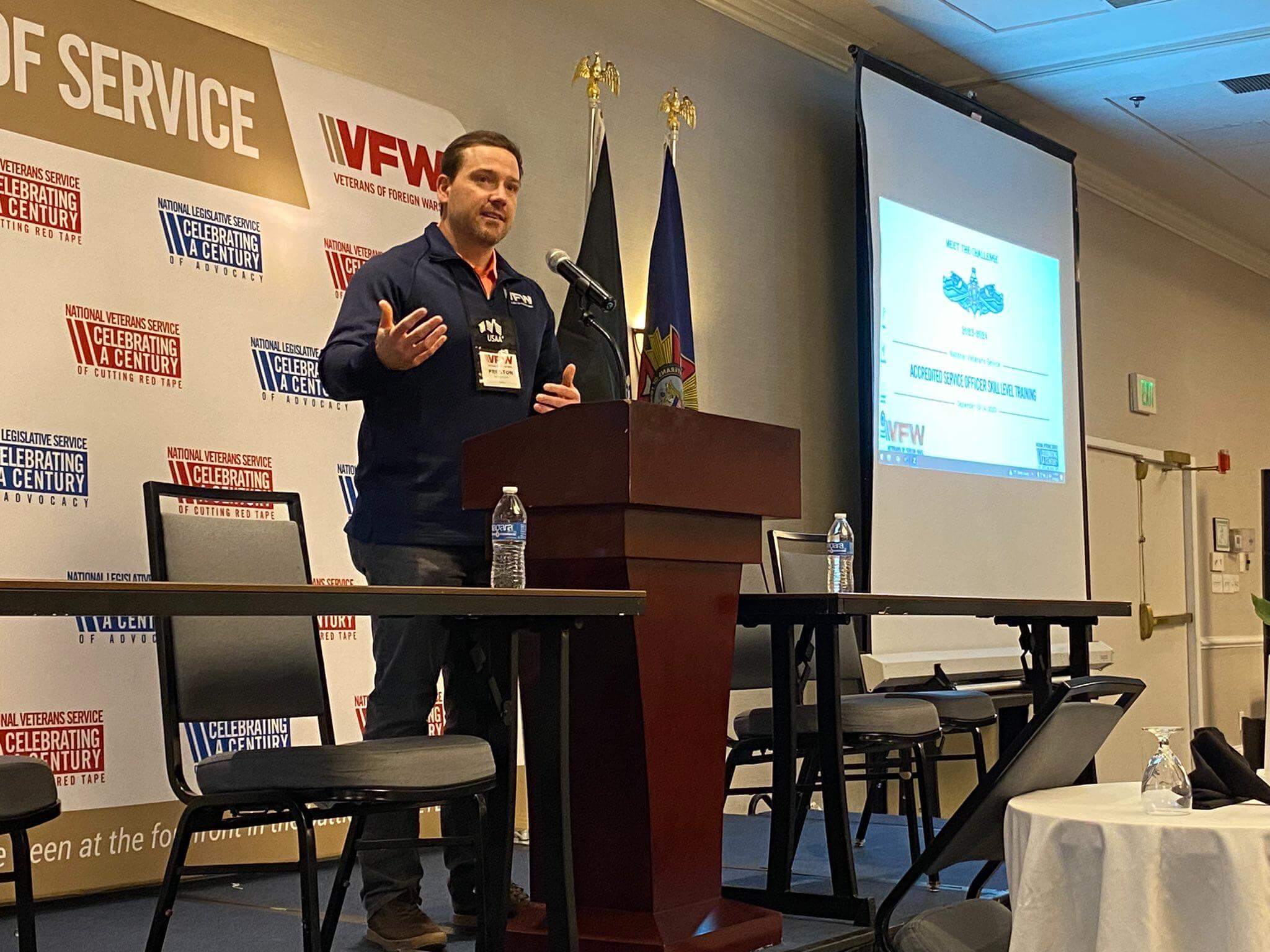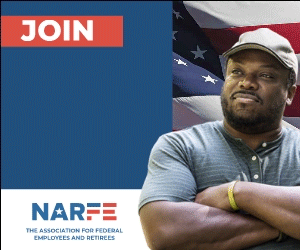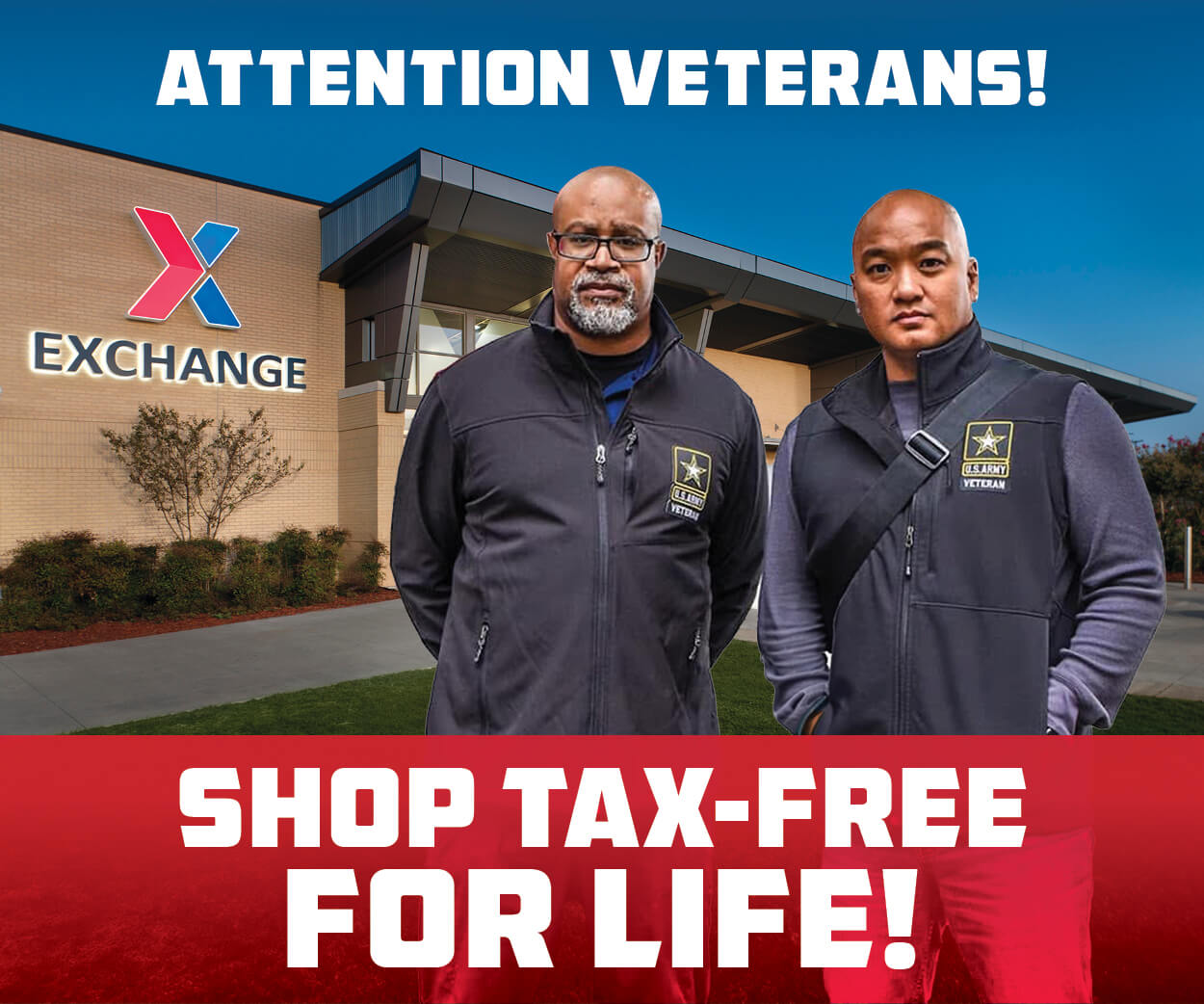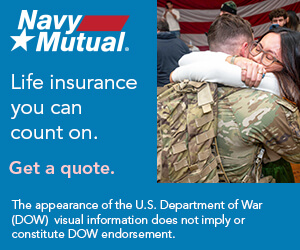By now I’m sure you’ve heard about the historic passage of the PACT Act that expands VA health care and benefits for veterans exposed to burn pits and other toxic substances. Great news for veterans, right? Yes! However, the law’s passage has spurred a spike in predatory companies targeting veterans to access their benefits or submit claims on their behalf, for a fee that can run up to 50% of the settlement.
I was contacted by one such firm who seemed reputable at first. But as soon as I showed interest, I began getting bombarded with emails, calls and texts. The “consultant” was pushy and impersonal, and the contract wording was confusing with a long and nearly indecipherable disclaimer. (It turns out that the disclaimer gave the company the right to increase my future fees anytime my disability rating increased, no matter who did the work to raise it.) Fees would equal five times my benefits rating. Frankly, I had concerns, and it was incredibly confusing, but I wanted my benefits, so I proceeded.
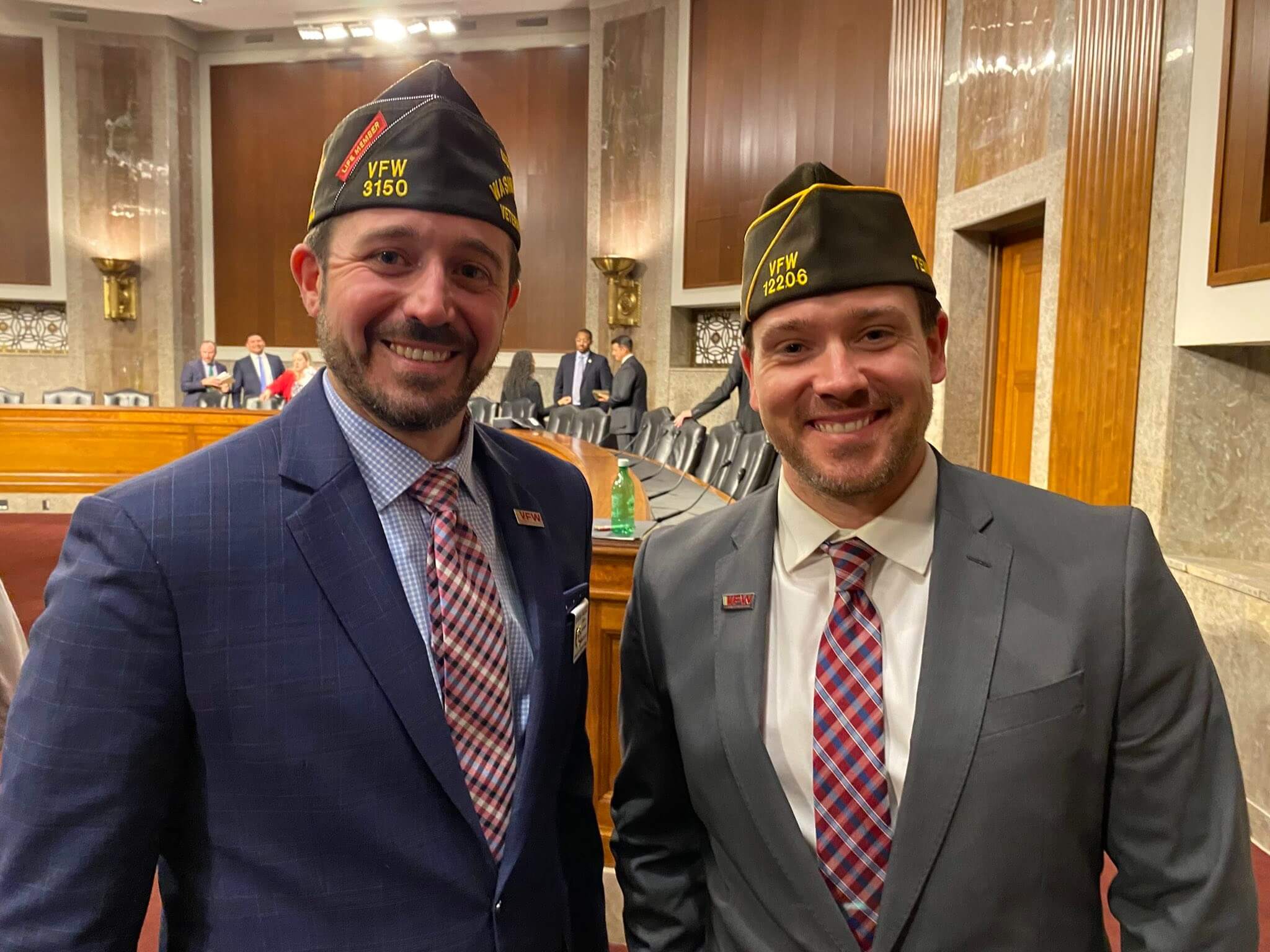
Not long after, I shared my experience with a friend who works for the Veterans of Foreign Wars (VFW). He explained that I didn’t need to pay for representation – that in fact it’s illegal to charge a veteran a fee to assist or consult with their claim – and that the firm I was working with was one of the many that have been aggressively targeting veterans and taking part in practices that are unethical at best and potentially fraudulent at worst. I notified the firm to cancel my contract (they still contact me daily) and have since been working with a free, accredited VFW Veterans Services Officer (VSO).
I got lucky – my decision could have cost me tens of thousands of dollars needlessly – and there are many veterans who are in that boat. So, I decided to educate other veterans and hopefully help them learn from my mistakes.
What are the red flags to watch out for?
- Charging fees to “assist” or “consult” veterans with filing their VA benefit claims – this is illegal.
- Not being VA accredited, meaning they aren’t required to adhere to the well-established professional and ethical standards of VA accreditation, so their advice can be misleading or even fraudulent.
- Asking you to sign a contract. These firms are claim sharks – like a loan shark, once you’re in, you can’t get out and may be subject to new and hidden fees whenever you get a new rating, no matter who does the work.
- Promising or guaranteeing an increased disability rating or percentage increase – this is simply not possible.
- Offering expedited VA claims decisions. Again, this is not possible.
- Requesting login credentials to access a veteran’s personal information through secure VA websites like eBenefits or VA.gov. This is a big one – this turns over access to all your personal health information.
- Using confusing tactics or ambiguous language. If you don’t understand what something means, there’s probably a reason so you should get more information.
- Telling veterans to forego VA exams and offering health consultations within their own network of doctors.
How can you protect yourself?
- Only work with VA accredited representatives.
- Attend all exams ordered by VA.
- Do not sign a contract.
- Do not agree to fees or payments from future benefits.
- Do not agree to pay for medical consultations or opinions.
- Do not provide access to your Protected Health Information or Personal Identifiable Information.
Who is safe to work with?
- VA accredited veterans service organization representatives, like the VFW
- VA accredited claims agents
- VA accredited attorneys
- Attorneys assisting with Camp Lejeune lawsuits who do not charge excessive fees
I encourage all veterans to heed my advice. If you haven’t had success with an accredited representative, find another one. There are tons across the nation; you don’t have to work with someone local. Do yourself a favor and don’t waste your money on the bad actors.


